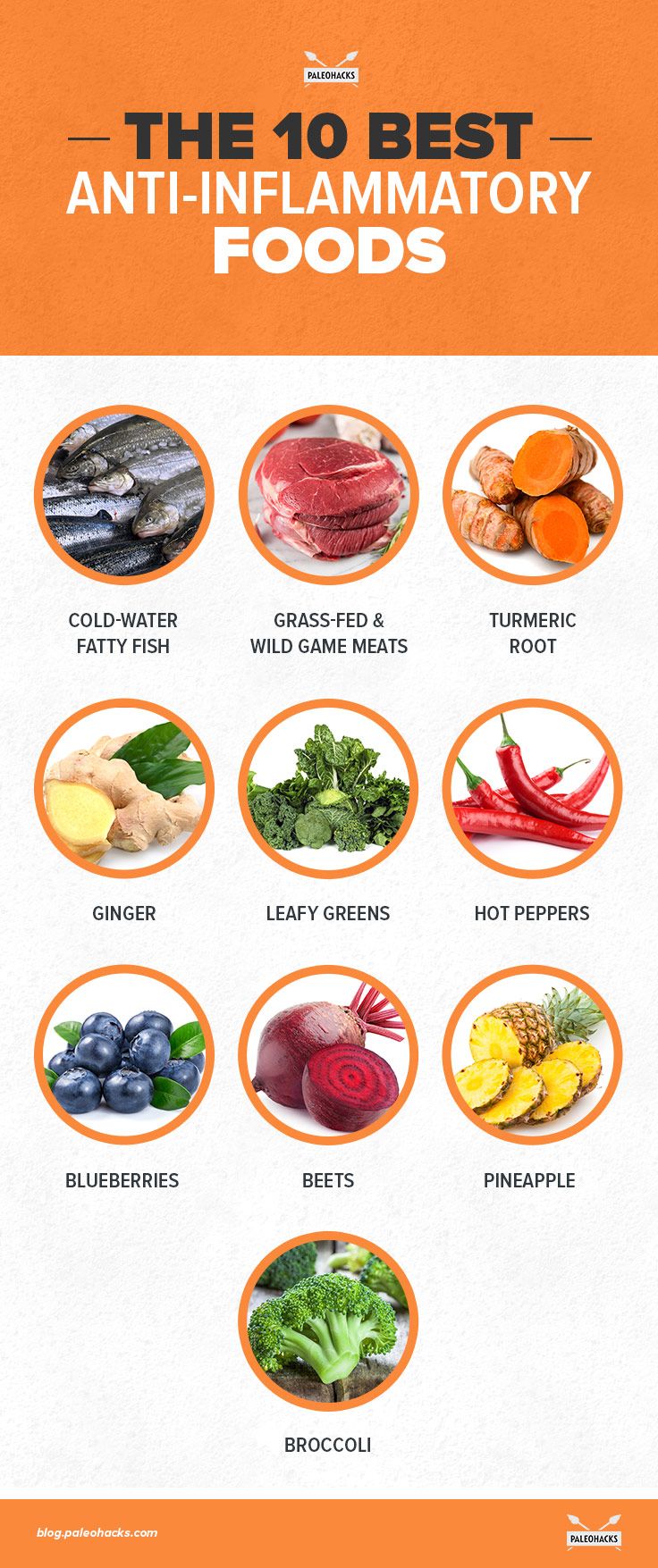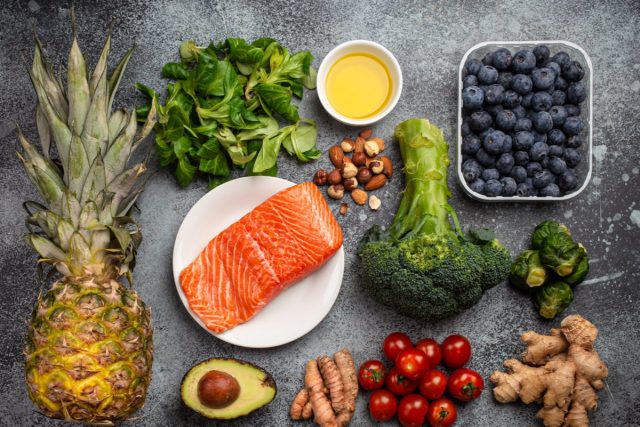8 Proven Ways To Lower Your Blood Pressure
by Admin
Posted on 19-02-2025 12:48 PM

Following an eating pattern rich in nutrient-dense foods and limiting inflammatory foods is one of the best ways to support overall health. An anti-inflammatory
diet
can also manage or reduce the risk of conditions like:
allergies and asthma: some evidence suggests that chronic inflammation can play a role in the severity of these conditions.
 An anti-inflammatory diet may lessen symptoms. Autoimmune disorders : research has shown that people with autoimmune disorders like rheumatoid arthritis (ra) can benefit from following an anti-inflammatory diet. These eating patterns may reduce symptoms like pain and improve overall quality of life. Cardiovascular disease: an anti-inflammatory diet has been shown to lower the risk of heart disease, hypertension (high blood pressure), and stroke.
An anti-inflammatory diet may lessen symptoms. Autoimmune disorders : research has shown that people with autoimmune disorders like rheumatoid arthritis (ra) can benefit from following an anti-inflammatory diet. These eating patterns may reduce symptoms like pain and improve overall quality of life. Cardiovascular disease: an anti-inflammatory diet has been shown to lower the risk of heart disease, hypertension (high blood pressure), and stroke.
6 Foods High in Vitamin D
Foods like sugary drinks, cakes and biscuits are high in calories. Eating too much of them can lead to weight gain, and raised cholesterol and triglyceride levels, which are linked to inflammation. Tip: try swapping sugary drinks for water, no-added-sugar squash, or low-fat milk. Instead of cakes and biscuits, go for fruit, plain popcorn or unsalted nuts.

Yes, experts believe certain foods, including ultra-processed foods like fast food and refined carbs, as well as some ready meals and processed meats, do promote inflammation. Food and drinks high in sugar , including fizzy drinks and foods that have been deep-fried , are also linked with the inflammatory process.
How much: daily healthy choices: high quality multivitamin/multimineral that includes key antioxidants (vitamin c, vitamin e, mixed carotenoids, and selenium); coenzyme q10; 2 to 3 grams of a molecularly distilled fish oil; 2,000 iu of vitamin d3 why: supplements help fill gaps in your diet when you are unable to get your daily requirement of micronutrients.
“many people are very interested in whether there are foods they can eat to reduce the inflammation in their bodies,” says oliveira. “there’s research on specific foods and nutrients, but we’re discovering it’s not about eating single foods or nutrients. It’s more about your overall dietary pattern. ”she says that most of the foods that positively impact inflammation are plant foods. They contain nutrients and plant chemicals (phytochemicals) that appear to reduce inflammation, such as: antioxidants are molecules that help protect cells from damage, including damage that happens in the aging process. Fiber is a type of carbohydrate. A high-fiber diet bolsters the beneficial bacteria in your gut and helps lower inflammation.
The Top 20 Anti-Inflammatory Foods You Should Eat
When you get a cut, you might cover it up with a bandage. When you have muscle pain, you might take an ibuprofen. But is it possible that the foods you eat can also help you heal and prevent disease? “your food choices are just as important as the medications and supplements you take for overall health since they can protect against inflammation,” says christopher suhar, md , medical director of the scripps center for integrative medicine and a cardiologist at scripps clinic. Inflammation occurs when the immune system cells that guard against infection and repair injury begin to attack healthy arteries, organs and joints.